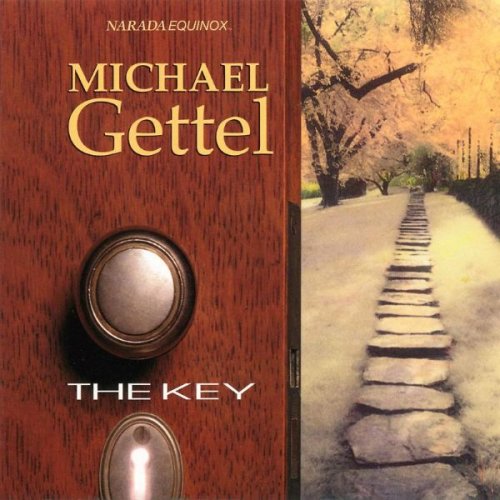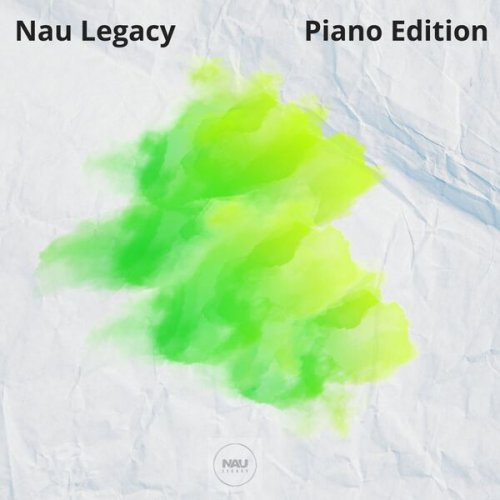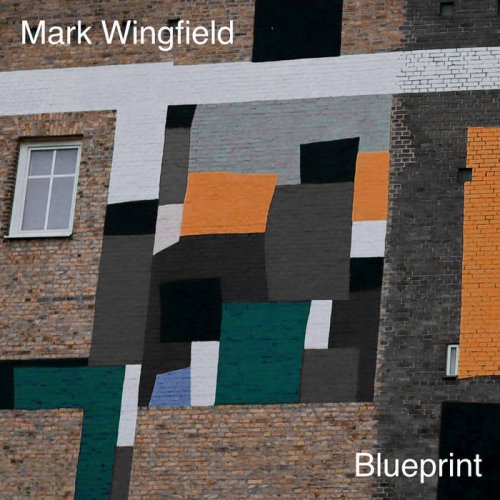Tina Charles - Baby Don't You Know (2011)
- 15 Dec, 16:34
- change text size:
Facebook
Twitter
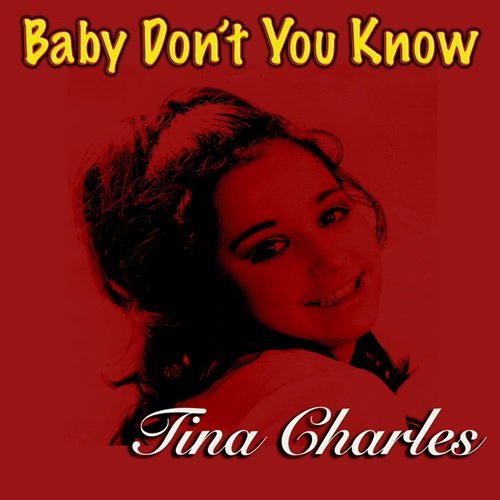
Artist: Tina Charles
Title: Baby Don't You Know
Year Of Release: 2011
Label: Tema
Genre: Pop, Disco
Quality: Flac (tracks)
Total Time: 24:09
Total Size: 182 Mb
WebSite: Album Preview
Tracklist:Title: Baby Don't You Know
Year Of Release: 2011
Label: Tema
Genre: Pop, Disco
Quality: Flac (tracks)
Total Time: 24:09
Total Size: 182 Mb
WebSite: Album Preview
01. Baby Don't You Know Anymore 2:35
02. There's No Stopping Us Now 3:06
03. He's My Sugar 2:53
04. Promise Honest 2:47
05. Jacobs Ladder 2:22
06. Boulevard Of Souvenirs 2:48
07. I Feel So Good 2:23
08. I Can't Dance 2:45
09. Through The Eyes Of A Child 2:31
A singer with a powerful voice suited to many styles, Tina Charles traded in a career as a busy session singer and struggling solo artist to become one of the first mainstream disco stars after the release of her 1976 single "I Love to Love (But My Baby Just Loves to Dance)." She had already made a splash as the singer of 5000 Volts' fiery 1975 disco track "I'm on Fire," but now she was able to ride the booming popularity of the new sound to become the face and voice of the song in the U.K. Despite her talent and flexibility as a singer, her career was unable to weather the demise of disco though her music went on to become legendary and influential decades later.
Charles got her start at the age of 15 singing on TV commercials and wound up signing a deal with CBS Records. Her first single, the Northern soul-leaning "Nothing in the World," was produced by Alan Hawkshaw and featured Elton John on piano. Further singles like 1969's "In the Middle of the Day" and "Good to Be Alive," along with 1970's "Bo-Bo's Party," didn't do much on the chart. They did get her noticed by the BBC and she began appearing on The Two Ronnies show, then scored slots on tours by Tom Jones, Mud, and Engelbert Humperdinck. She also shifted over to Gordon Mills' MAM label and issued the 1971 single "Baby Don't You Know Anymore." From there, she got a job recording vocals on the Top of the Tops series of albums where anonymous artists cover contemporary hits. She released the 1974 single "One Broken Heart for Sale" on Bell Records and put in more studio time as a session vocalist, memorably backing Steve Harley & Cockney Rebel on their 1975 hit single "Make Me Smile (Come Up and See Me)." She had previously sung in an unrecorded band called Northern Lights with Martin Jay; the pair reteamed in 1975 under the name Airbus and issued a single, "Bye Love," that caught on once DJs flipped it over to find the disco-fied "I'm on Fire." It was reissued as a single, the band rebranded as 5000 Volts, and the song headed toward the top of the charts around the globe, reaching the Top Five in the U.K. and the Top 30 in the U.S. Charles quickly left the group for a solo career and teamed with producer Biddu, who was red hot following the chart success of Carl Douglas' massive hit "Kung Fu Fighting." He cast her as a powerful disco diva and she filled the role perfectly, starting with the 1975 single "You Set My Heart on Fire." While that song was moderately successful, her monumental disco anthem "I Love to Love (But My Baby Just Loves to Dance)" reached number one on the U.K. singles charts in February 1976 and scored in the upper reaches in many countries. It even won a Juno Award for best-selling international single of the year. An album, helpfully titled I Love to Love, was released in March of 1976. Charles began playing live shows where her backing group included future Buggles members Trevor Horn and Geoff Downes. A second album, Dance Lady Dance, which was made up of the same mix of uptempo disco tracks and ballads, followed before the end of 1976. It spawned two hit singles, the title track and "Dr. Love."
The following year she issued the Heart 'N' Soul album and three of its singles placed on the U.K. charts: "Rendezvous" and a medley of "Love Bug," and the oldie "Sweets for My Sweet" hit in 1977; most notable, however, was the following year's cover of Jimmy James' hit "I'll Go Where Your Music Takes Me." The decline of disco's popularity took a toll on Charles' career and after one more album in 1980 titled Just One Smile (where she covered old-time standards and branched into new wave), she began a slow fade from the music scene to raise a family. In 2000, she returned to work with dance producer Sanny X on the song "Higher," then in 2007 recorded a song with producer Ian Levine for a collection called Disco 2008. A year later she issued her fifth solo album, Listen 2 the Music; it was retitled Feels Like Sunday when issued in Europe. The record consisted of dance-pop covers of oldies like Tommy Roe's "Dizzy" and the Doobie Brothers' "Listen to the Music." A few years later she signed with Carl Cox's PMG Music and released the single "Your Love Is My Light" in 2011. Around that time she went on tour with a reunited 5000 Volts. Her music continued to be used in ads and movies and inspired up-and-coming disco performers and even ABBA, who claimed her as an influence on their 2021 single "Don't Shut Me Down." The Cherry Pop label collected all four of Charles' albums recorded while she was with CBS, and issued them under the title The CBS Years: 1975-1980 in April of 2024. ~ Tim Sendra & Amy Hanson
Charles got her start at the age of 15 singing on TV commercials and wound up signing a deal with CBS Records. Her first single, the Northern soul-leaning "Nothing in the World," was produced by Alan Hawkshaw and featured Elton John on piano. Further singles like 1969's "In the Middle of the Day" and "Good to Be Alive," along with 1970's "Bo-Bo's Party," didn't do much on the chart. They did get her noticed by the BBC and she began appearing on The Two Ronnies show, then scored slots on tours by Tom Jones, Mud, and Engelbert Humperdinck. She also shifted over to Gordon Mills' MAM label and issued the 1971 single "Baby Don't You Know Anymore." From there, she got a job recording vocals on the Top of the Tops series of albums where anonymous artists cover contemporary hits. She released the 1974 single "One Broken Heart for Sale" on Bell Records and put in more studio time as a session vocalist, memorably backing Steve Harley & Cockney Rebel on their 1975 hit single "Make Me Smile (Come Up and See Me)." She had previously sung in an unrecorded band called Northern Lights with Martin Jay; the pair reteamed in 1975 under the name Airbus and issued a single, "Bye Love," that caught on once DJs flipped it over to find the disco-fied "I'm on Fire." It was reissued as a single, the band rebranded as 5000 Volts, and the song headed toward the top of the charts around the globe, reaching the Top Five in the U.K. and the Top 30 in the U.S. Charles quickly left the group for a solo career and teamed with producer Biddu, who was red hot following the chart success of Carl Douglas' massive hit "Kung Fu Fighting." He cast her as a powerful disco diva and she filled the role perfectly, starting with the 1975 single "You Set My Heart on Fire." While that song was moderately successful, her monumental disco anthem "I Love to Love (But My Baby Just Loves to Dance)" reached number one on the U.K. singles charts in February 1976 and scored in the upper reaches in many countries. It even won a Juno Award for best-selling international single of the year. An album, helpfully titled I Love to Love, was released in March of 1976. Charles began playing live shows where her backing group included future Buggles members Trevor Horn and Geoff Downes. A second album, Dance Lady Dance, which was made up of the same mix of uptempo disco tracks and ballads, followed before the end of 1976. It spawned two hit singles, the title track and "Dr. Love."
The following year she issued the Heart 'N' Soul album and three of its singles placed on the U.K. charts: "Rendezvous" and a medley of "Love Bug," and the oldie "Sweets for My Sweet" hit in 1977; most notable, however, was the following year's cover of Jimmy James' hit "I'll Go Where Your Music Takes Me." The decline of disco's popularity took a toll on Charles' career and after one more album in 1980 titled Just One Smile (where she covered old-time standards and branched into new wave), she began a slow fade from the music scene to raise a family. In 2000, she returned to work with dance producer Sanny X on the song "Higher," then in 2007 recorded a song with producer Ian Levine for a collection called Disco 2008. A year later she issued her fifth solo album, Listen 2 the Music; it was retitled Feels Like Sunday when issued in Europe. The record consisted of dance-pop covers of oldies like Tommy Roe's "Dizzy" and the Doobie Brothers' "Listen to the Music." A few years later she signed with Carl Cox's PMG Music and released the single "Your Love Is My Light" in 2011. Around that time she went on tour with a reunited 5000 Volts. Her music continued to be used in ads and movies and inspired up-and-coming disco performers and even ABBA, who claimed her as an influence on their 2021 single "Don't Shut Me Down." The Cherry Pop label collected all four of Charles' albums recorded while she was with CBS, and issued them under the title The CBS Years: 1975-1980 in April of 2024. ~ Tim Sendra & Amy Hanson



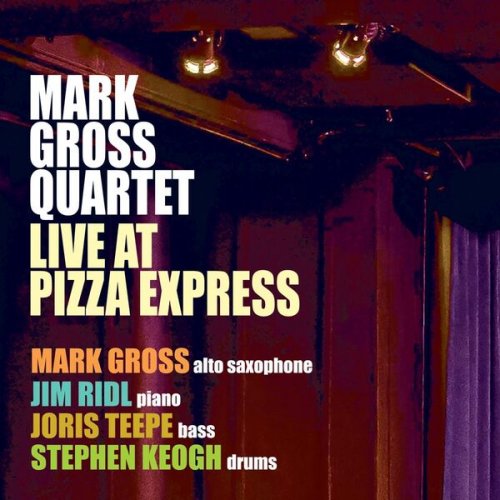

![Tomasz Stanko, Polskie Radio - Jazz Rock Company: Live at Akwarium (Polish Radio Sessions vol. 6/6) (2025) [Hi-Res] Tomasz Stanko, Polskie Radio - Jazz Rock Company: Live at Akwarium (Polish Radio Sessions vol. 6/6) (2025) [Hi-Res]](https://www.dibpic.com/uploads/posts/2025-12/1765796554_cover.jpg)
